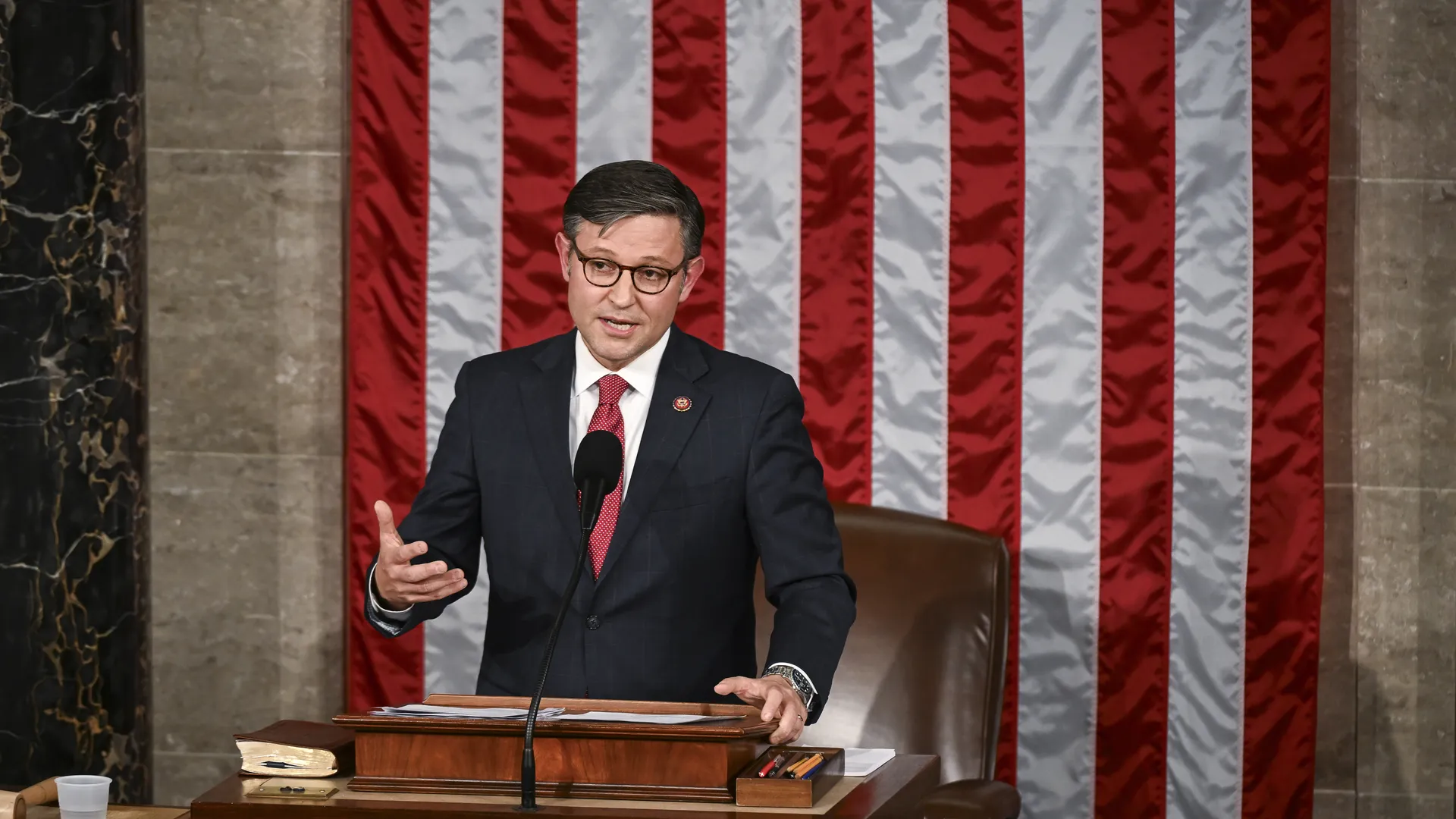America is in the midst of a tumultuous period of partisan politics. The left and the right are engaged in a cyclical struggle for power, with both sides often refusing compromise. According to the Pew Research Center, “Democrats and Republicans are farther apart ideologically today than at any time in the past fifty years.” Nowhere is this shift towards political extremes more noticeable than in the halls of Congress.
The most recent argument between liberals and conservatives centered around funding for the national government during the fiscal year of 2023-2024. According to modern interpretations of the Antideficiency Act of 1884, the U.S. government must shut down indefinitely if Congress cannot agree to a financial plan for the upcoming fiscal year. This year’s deadline was September 30. If a plan had not been agreed to, then nearly every government employee would have been furloughed until such an agreement could be reached. Although such incidents have occurred before, notably in 2018 and 2013, the stalemate between liberals and conservatives did not bode well.
A wide array of partisan disagreements led to a gridlock in the weeks leading up to September 30. Only when Republican Speaker of the House, Kevin McCarthy made a short-term deal with the Democrats, was the crisis averted. However, the last minute legislation is only valid through mid-November, at which point Congress will have to agree on a final plan.
On October 3, Kevin McCarthy was voted out by a majority Democrat coalition, with support from the far right. Presumably, some Republicans were angered by his willingness to compromise with liberals. McCarthy has since stated that he does not intend to run for Speaker again. His deposition opened a power vacuum that was just recently filled on October 25.
The new Speaker of the House is Louisiana Congressman Mike Johnson. At just 51 years old and with only 6.81 years in Congress under his belt, Johnson is the least tenured Speaker of the House in 140 years. A hard-line Republican and 2020 election denier, Johnson signifies the increasing extremism of American politics. He has served as a Congressman continuously since his election in 2017. Prior to his time on Capitol Hill, Johnson served in the Louisiana House of Representatives from 2015 to 2017. Pre-politics, Johnson was a constitutional lawyer who argued against the legalization of same-sex marriage and other similar legislation. He continues to be a loud adversary to the LGBTQ+ movement and takes a hard stance against abortion.
Johnson claims to base his beliefs on traditional American Evangelical “Christianity,” which he believes is marginalized by the left. Taking a highly moralized stance on politics, he claims that “We’ve taught a whole generation—a couple of generations, now—of Americans that there is no right and wrong.”
Such firmly held and moralistic beliefs suggest to many that Johnson will be less likely to cooperate with Democrats in avoiding a shutdown. Johnson has suggested using another “stop-gap” measure and prolonging the budgeting process into January if a consensus is unable to be reached by November 17.

